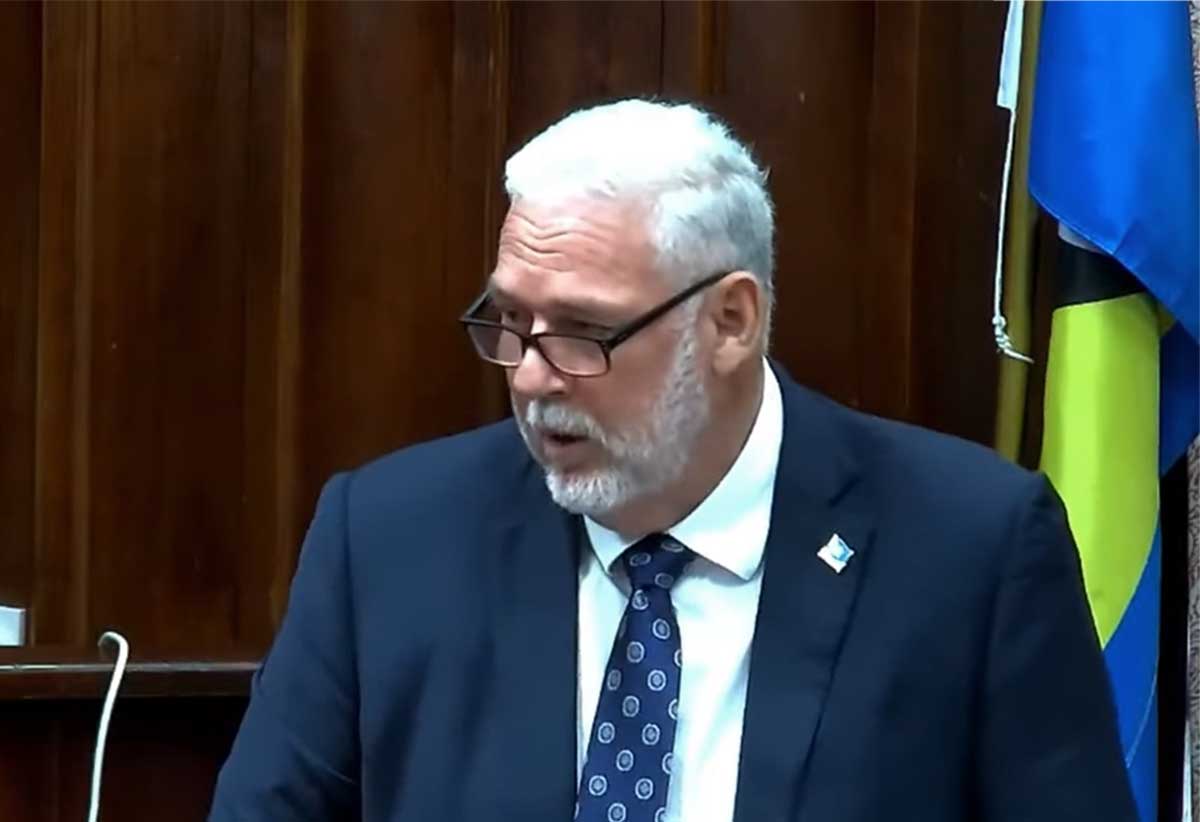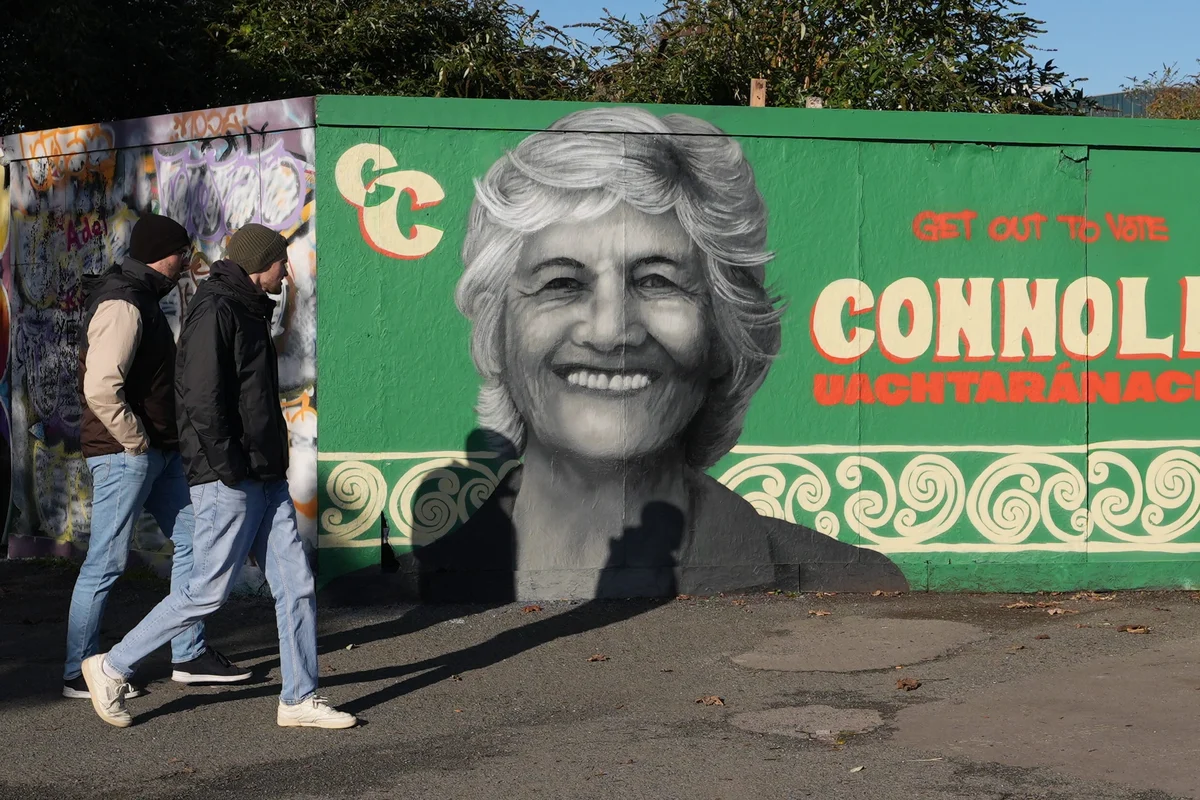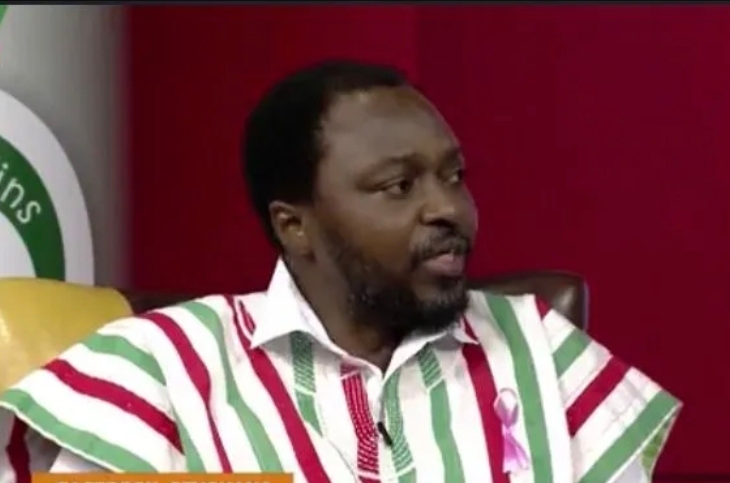Copyright thevoiceslu

THE most basic takeaway from the case, ‘LC Civil Appeal No SLUHCVAP2023/0025’, or, in simple English, ‘Allan Chastanet versus The Comptroller of Customs’, is that politicians must not use the Caribbean Court of Justice (CCJ) as a tool of their vindictive partisan politics. Justice Eboe-Osuji, who delivered the judgment on 15 October 2025, infered this sentiment as early as page 4 of his 28-page script: “ A bystander familiar with the records of the case must be forgiven to see in them a tale of two titans – a former Prime Minister and an incumbent Deputy Prime Minister – on opposite sides of the Saint Lucian political divide, playing out their entrenched rivalry in the arena of the courtroom, all the way to the highest courts of the jurisdiction. To be noted in that regard is an earlier judgment of the United Kingdom’s Judicial Committee of the Privy Council in 2023 (when it was the highest appellate court for Saint Lucia) in Hilaire v Chastanet involving allegations of defamation.” As stated in the judgement, ‘the charges arose out of Dr Hilaire’s importation into Saint Lucia of a Land Rover Discovery motor car in December 2015, following, it appears, the conclusion of his assignment in London, England, as the High Commissioner of Saint Lucia. There were certain discrepancies in the attendant’s paperwork that eventually resulted in the legal proceedings that culminated in this appeal.” In all fairness to Dr Hilaire, the case of the alleged failure to produce a commercial invoice for a vehicle imported into Saint Lucia may go down as one of the most ignoble attempts to destroy a political opponent in this country. If the Chastanet Administration had pursued their key policy promises to the electorate, even with half the commitment they gave to going after Dr Hilaire, the UWP would still be in power today. Promises such as $1.5 billion in foreign direct investment which Chastanet said had been in train, introduction of national health insurance, and completion of the St Jude Hospital Reconstruction Project. It is the Chastanet Government that dragged the case all the way to the CCJ, the court of final appeal, when the official records showed that the government never owned the vehicle. As noted by the CCJ, “On 20 November 2017, the Director of Finance in the Department of Finance wrote a memorandum to the Comptroller of Customs titled, in turn, ‘Report of Missing Government Property/Asset’…the Department of Finance maintains a database of all government vehicles. That database had now been searched, and as of the date of her writing, did not show that the car in question was ever purchased by the government or disposed of by it.” Sherman Emmanuel, the Comptroller who succeeded Peter Chiquot following what was obviously an abuse of public servants who did not wish to join members of the Chastanet administration in their obvious vendettas against their predecessors, found that the commercial invoice was always in the possession of the Customs Department. “And that, in his view, was a consideration that seriously undermined the prosecution,” the CCJ judges noted. During the more than three years that this matter was played out in public, Dr Hilaire had been consistent with his side of the story, insisting that the document(s) being demanded of him by Comptroller Chiquot was already in the possession of the Department of Finance. It would seem that parts of the CCJ judgment are written to question the intelligence of Mr. Chastanet. Consider this quote: “The illogicality of the reliefs sought is undeniable. The Appellant’s entire claim was the assertion that the prosecution had been taken over by the DPP, and it was no longer within the competence of the Comptroller. It would be nonsense, on that premise, for the court to order the Comptroller to reinstate the prosecution. According to the Appellant, it was not him to discontinue; therefore, it could not be his to reinstate.” They tried to drag the DPP into their witch-hunt, but to his credit, the holder of that position, Dassarean Green, showed immense character. ‘In a concurring judgment, Justice Barrow ‘stressed the illogicality of the reliefs sought. The Court noted that the DPP himself had never claimed to have taken over the matter, even after its discontinuance. Justice Barrow did not hide his contempt for Mr Chastanet’s level of triviality, emphasizing the “unnecessary consumption of judicial resources” and noting “that the matter could have been disposed of on the simple basis that the reliefs were conceptually impossible.” So, ‘Mr mixed degree’, development economist, product of Canada, privileged son of the merchant class, has proven himself to be nothing more than a man distinguished by his ‘illogicality’ in pursuing a judicial matter on which there was never any chance of success at any level of the court system. It is the same ‘illogicality’ which guides his politics, whether in government or opposition. The Customs invoice case is a testament to the rapid decline of political morality in the UWP under Allen Chastanet, a man whose tenure in public life has so far been one of chasing windmills and extravagance. Chastanet’s lack of enthusiasm for Saint Lucia’s accession to the CCJ is well known. He demanded a referendum – a referendum for which he could not find support in the Saint Lucia Constitution. With no constitutional leg to stand on, CCJ sceptics aligned to Chastanet and the UWP suggested that a referendum should be legitimized under the SLP election campaign slogan of ‘putting people first’. That was the one occasion when Chastanet and the UWP gave the thumbs up to the SLP slogan. News items on the subject remind the public that in December 2022, just about three months before the CCJ legislation was due to be debated in Parliament, Chastanet threatened ‘significant’ public protests” over the SLP-led Administration’s process to say goodbye to the Privy Council and accede to the CCJ. On the day of ‘significant protest’ protest, comprising a few dozen party hacks, the defiant chant of protesters was, ‘No Referendum, No CCJ’. Veteran calypsonian, Herb Black, later lampooned, in song, the unpreparedness and ignorance of a section of protesters who could not even pronounce the word ‘referendum’, and who repeatedly shouted ‘su-cee-zaye’ instead of CCJ! Herb Black had the last laugh: “Farandam, you dumdum; the word is referendum’. Chastanet and his UWP ‘sheeple’, who pretended to be campaigners for public consultation and a referendum, had not even ensured that the most vocal section of their followers knew how to pronounce the words they were called upon to recite, much less understood the meaning and importance of the CCJ as a regional institution. When the CCJ bill was passed 28 February 2023, Opposition Leader Chastanet was absent, having walked out of the Chamber earlier because he could not have his way on an entirely separate matter. The CCJ judges had better prepare themselves for more of the same from Chastanet. Earlier this year he boasted that he had 13 matters, presumably at various stages of the judicial system, against the government of Saint Lucia, or members thereof. Looks like a rough road ahead for the CCJ.



